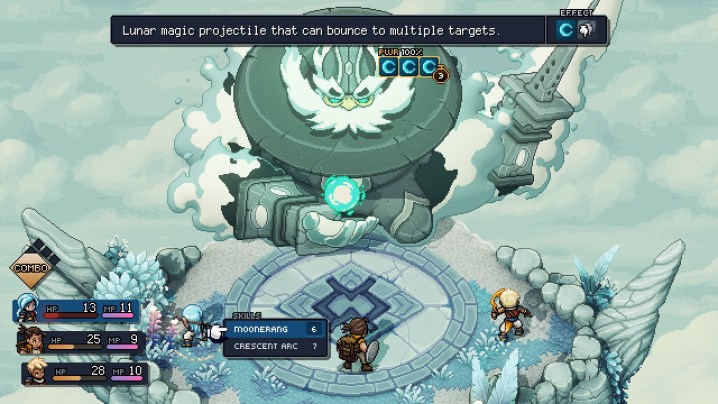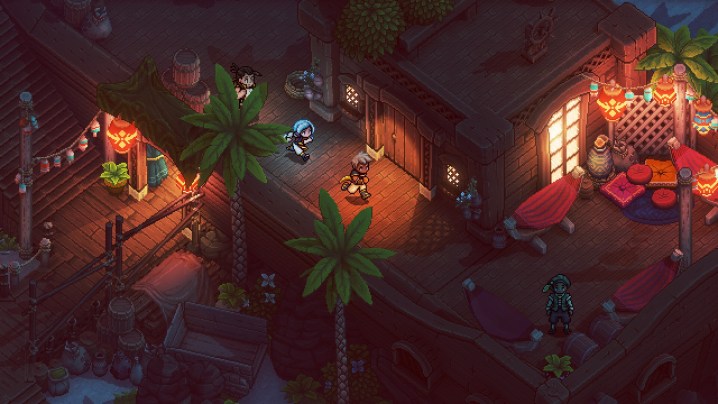Many modern games aim to capture the nostalgic retro feel of 1990s RPGs, with varying degrees of success.
Eiyuden Chronicle: Hundred Heroes is a spiritual successor to the Suikoden series, developed by Rabbit & Bear, a team of former Konami employees who worked on Suikoden games. While it excels in story, worldbuilding, and pixel art reminiscent of the past, it also carries some ’90s design flaws, such as poor quality of life elements and excessive random encounters. This contrast highlights the importance of modernizing retro games, as seen in the successful revival of Sea of Stars.
Moving retro forward
Sea of Stars visually resembles classic SNES games but introduces gameplay improvements to avoid frustrating mechanics of the past, like random enemy encounters. It offers thoughtful design choices like accessible healing options and creative MP restoration methods, which enhance strategy in battles.

These subtle innovations not only enhance the gameplay experience in Sea of Stars but also make the game more accessible and appealing to a broader audience, emphasizing the importance of updating retro elements for a modern audience.
Accessibility demands changes
By incorporating customizable relics and accessibility options, Sea of Stars offers a smoother and more inclusive gameplay experience, a stark contrast to the limited accessibility features in older RPGs like Hundred Heroes. The approachability of Sea of Stars showcases the evolution of retro gaming with modern conveniences.

Sea of Stars represents a successful fusion of retro aesthetics with modern gaming sensibilities, providing a nostalgic yet enhanced gameplay experience for players. Its innovative design choices set a new standard for revitalizing classic RPG elements.
Sea of Stars and Eiyuden Chronicle: Hundred Heroes are both available on various platforms, including PC, consoles, and Xbox Game Pass.
Editors’ Recommendations


